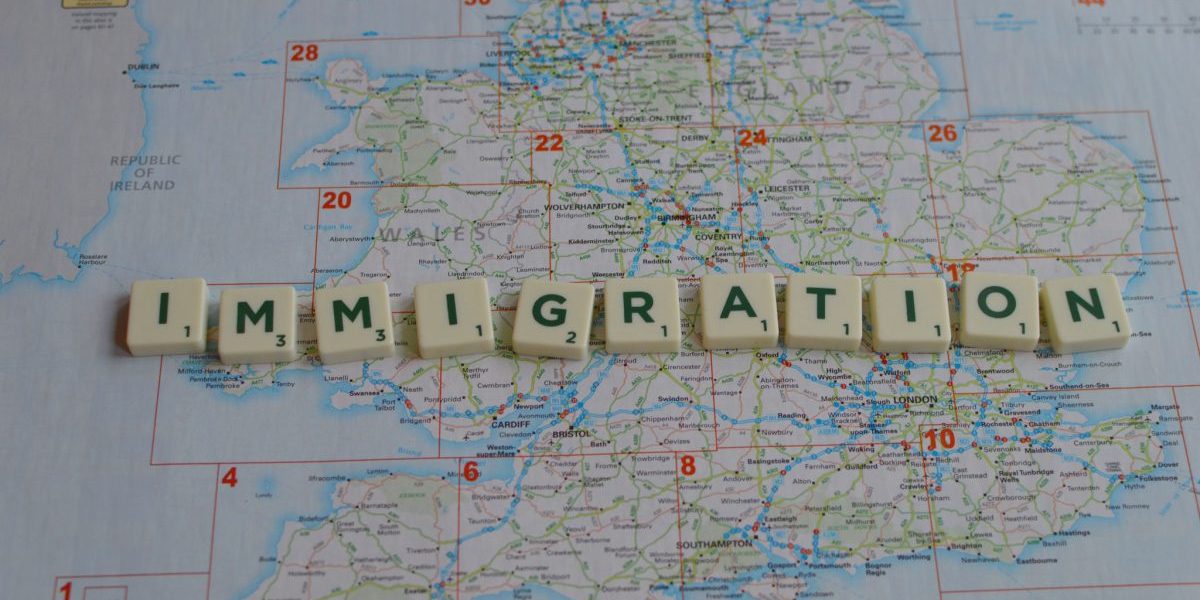As more people try to get exit visas, foreign embassies tighten their requirements. The harder it becomes to get a visa, the greater the demand for bribes. ‘I am a teacher by profession and I am getting nothing, so why should I be patriotic to a system which is not grateful to what I’m offering?’ said Mudzongachiso, a resident of a suburb outside Gweru in central Zimbabwe. ‘Why should I continue suffering like this? It is more convenient to pay [a bribe] than spend four or more days queuing just to be let down.’
Interviews with people outside the British and South African missions in Harare suggest a system of coordinated corruption in which police officers monitoring the queues act as middlemen for embassy employees, allegedly taking kickbacks for the officials inside and later sharing the spoils.
People who pay the bribes gain faster service. Those who don’t may wait for days and then have their applications denied. The going price for help in acquiring a visa to South Africa is $180, according to Mudzongachiso and others, while the fee outside the British High Commission can be more than four times as much – prohibitive sums for most Zimbabweans.
British and South African officials deny any corruption in their offices. But 12 police officers and five army officers were arrested after police conducted a raid in January at the British High Commission in Harare in an effort to curb visa-related scams.
‘This is a clear symptom of deep-seated problems in Zimbabwe,’ said Love Madhuku, a professor at the University of Zimbabwe. ‘Police officers are being forced to ask for bribes because they have been taught to be corrupt by the present regime.’
Desperate to Leave
Monitoring the exodus from Zimbabwe is problematic because most people leave illegally. It is estimated that more than 479,000 Zimbabweans have officially emigrated since 1997 to seek work in South Africa, Botswana, Britain and the US. They represent a fraction of the total number estimated to have left the country in recent years.
According to sources within the South African embassy in Harare, more than 20,000 Zimbabweans apply for visas every month. Roughly 2,500 more jump the fences at the Beit Bridge border crossing. The British High Commission in Harare, which received 1,700 applications in January alone, now accepts only 25 a day.
In 2001, relatively early in the present crisis, the Southern African Migration Project (SAMP) surveyed 900 Zimbabwe professionals, most of whom were black. Nearly 70% said they were committed to emigrating within five years, citing deep dissatisfaction with inflation, rising taxation, scarcity of goods, declining salaries, deteriorating medical services and declining education and economic opportunities for their children. Inflation peaked late last year at 600%. Eight in 10 working-age Zimbabweans cannot find a job.
The government has applied new restrictive measures in an attempt to stem the drain. Recipient countries have also tightened visa requirements. The South African embassy now charges about $150, the British about $65. Applicants must also provide a number of other supporting documents, including a letter of invitation from a resident of the recipient country, bank statements for the visitor and host and such proofs of residence.
‘With the new requirements in place you can see no one can afford that,’ said Tendai Mudzingwa, a cross-border trader. ‘Some of us go to these countries on business and I have to go there almost every month. We have families to feed and with these problems bedevilling us, we are prepared to part with our money in order to get visas.’
SAMP found that tighter emigration policies tend only to deepen the desire to leave. Higher hurdles, combined with deepening poverty, have also created more opportunities for graft. ‘People are suffering because there is a governance crisis in this country,’ said Roy Bennet, an opposition member of parliament for Chimanimani in the Eastern Manicaland Province. ‘Everyone is trying to survive.’
But with no end in sight to the crisis, people seem undeterred. As Chido Makunike, a political analyst, observed recently: ‘For most, the decision to go to the UK … is a response to seeing more and more of the doors to improving one’s station in life at home closed off.’








